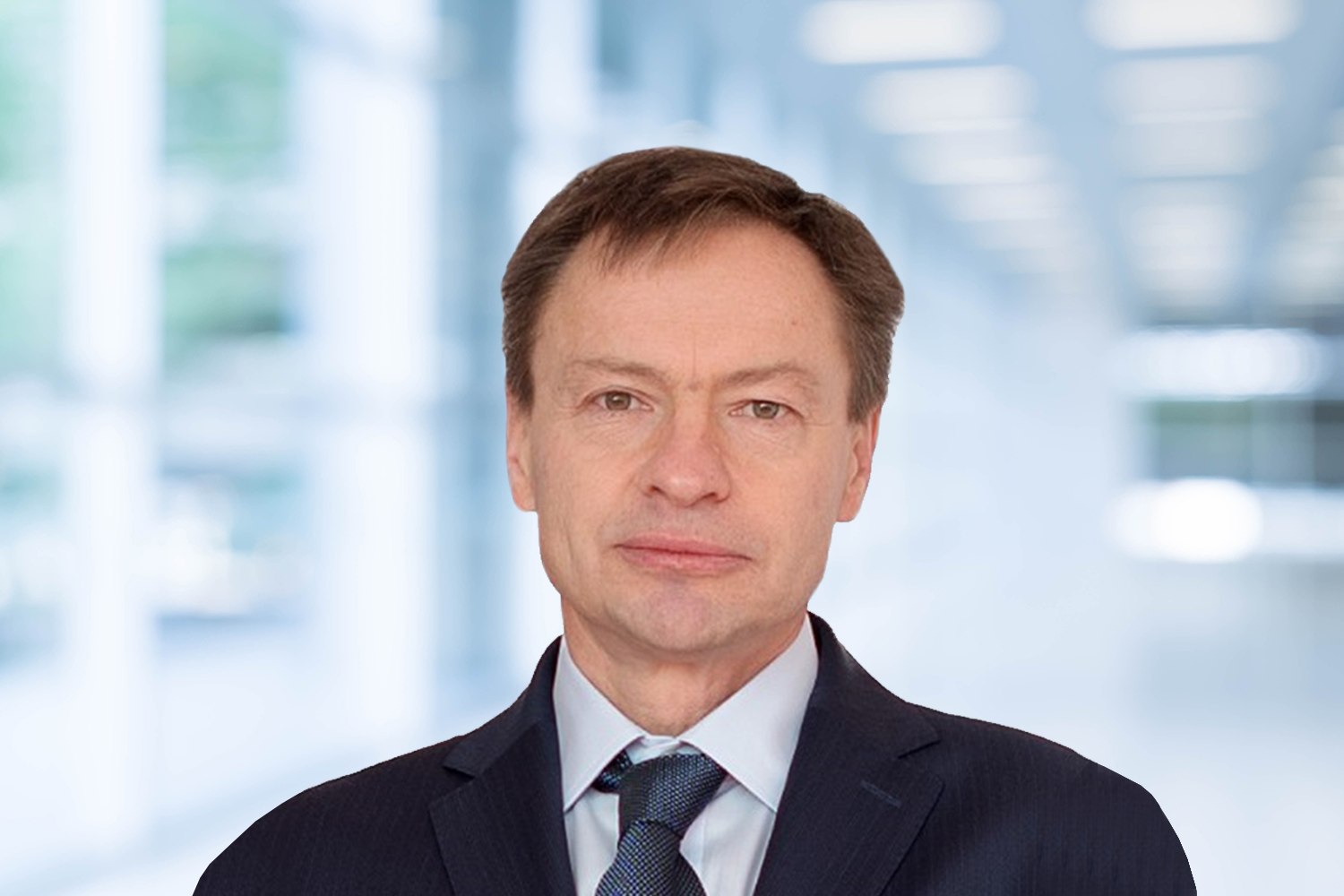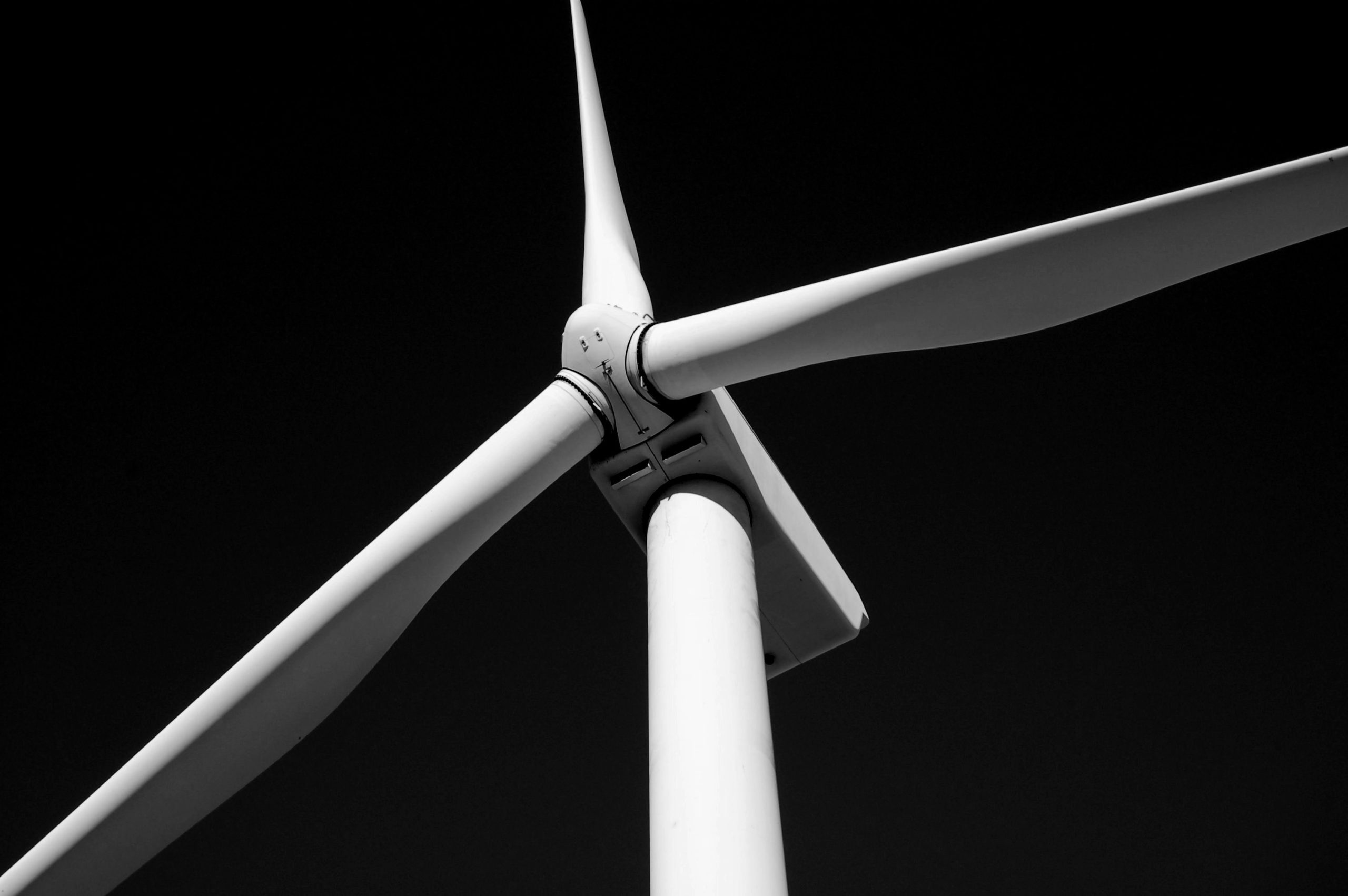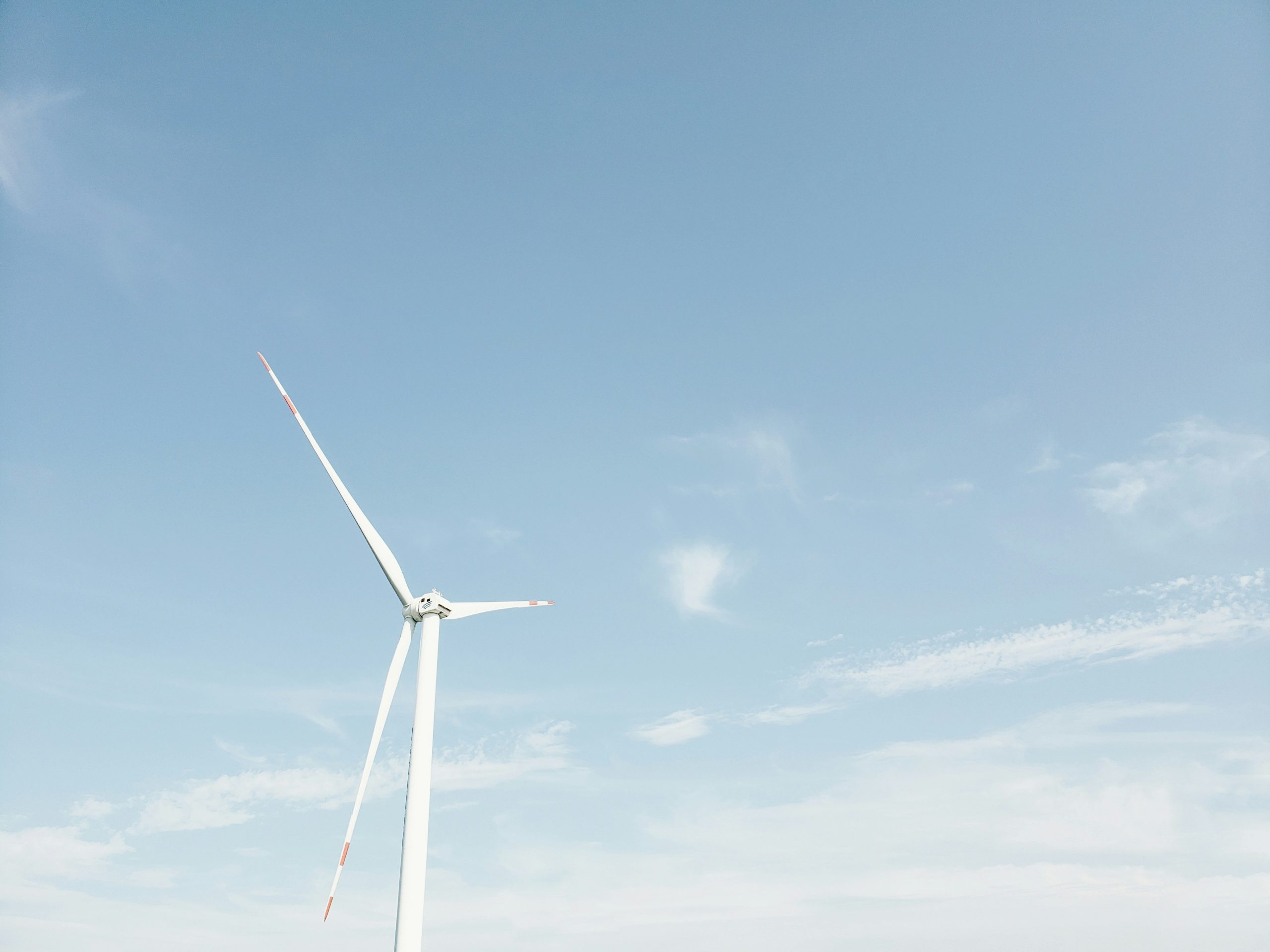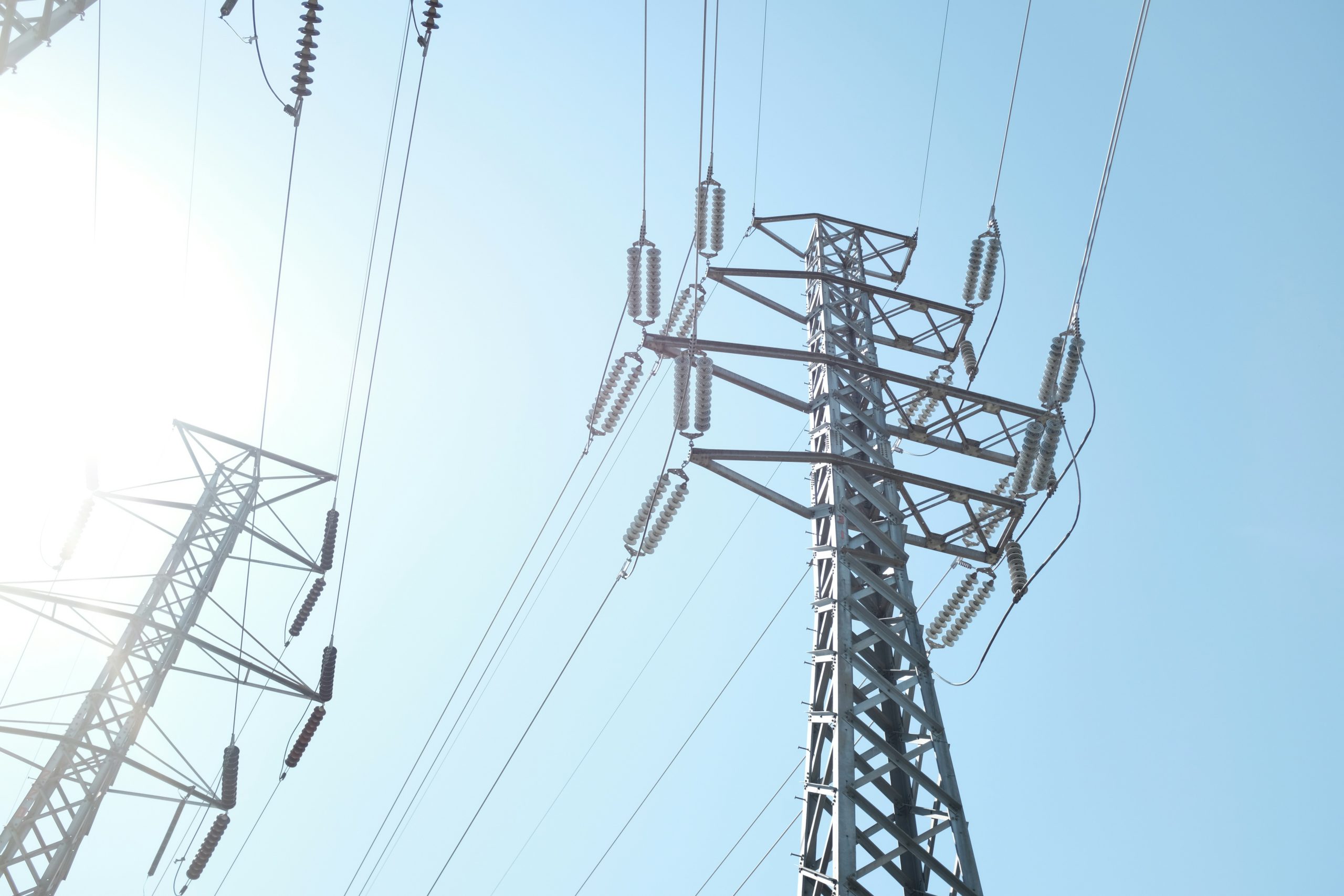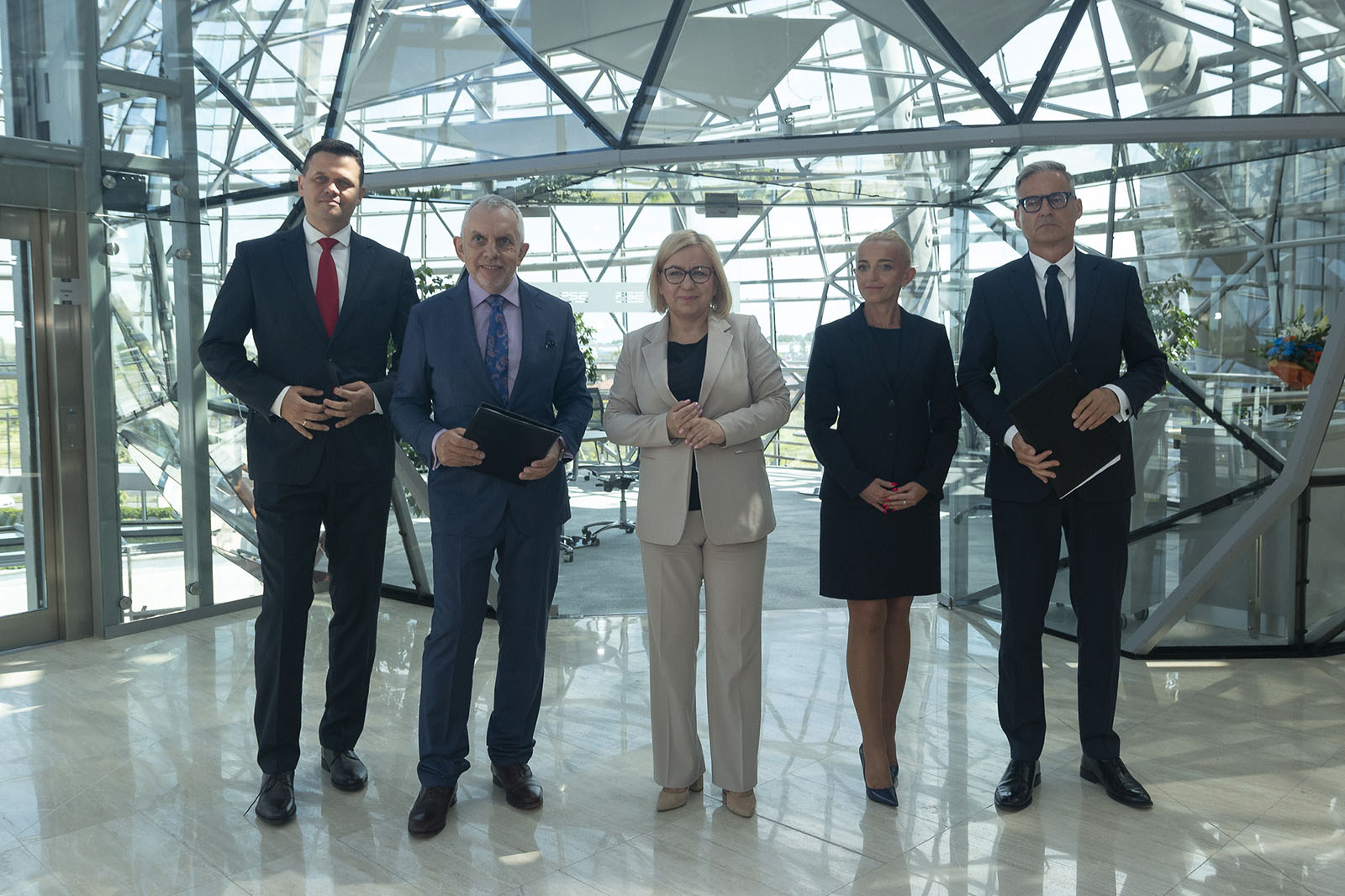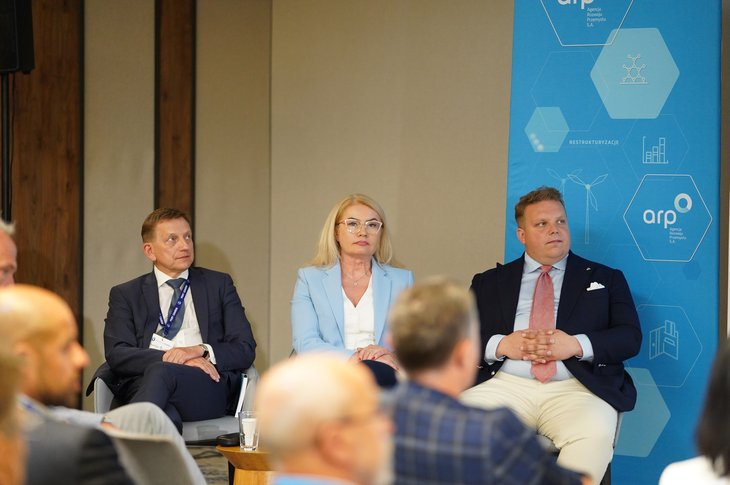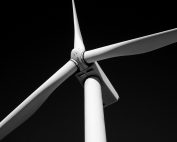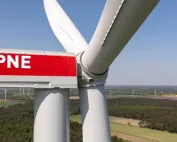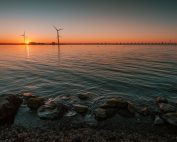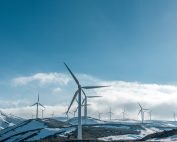Today on BalticWind.EU we talk to Andrzej Konarowski, Managing Director, Acciona Energia Poland. Acciona Energia, in cooperation with SSE Renewables, has the ambition to develop offshore wind in Poland. We ask about the details.
Patrycja Rapacka: Acciona Energia is already present in Poland, implementing onshore wind energy projects. The next milestone seems to be MOU and joint venture with SSE in the area of offshore wind. Why does Acciona Energia want to get involved in the Polish OWF market?
Andrzej Konarowski: Acciona has been present in Poland for more than two decades, both in the energy sector, through its company Acciona Energia, and in the infrastructure sector, through a company present in the Polish stock exchange: Mostostal Warszawa – whose main shareholder is the Acciona Group. Because of that, our presence is long-standing. We have experience in infrastructure projects as well as in the construction of renewable energy installations – in Poland there are 3 wind farms. We know well the realities of the Polish industry and energy sector.
As Acciona Energia, we have experience in project development, construction, and operation of all renewable energy technologies, including innovative ones such as green hydrogen production, energy storage, and floating photovoltaic farms. Getting involved in offshore wind energy is therefore a natural next step in the development of the company. We have been in Poland for many years, we know the domestic energy sector, we know the potential of the Baltic Sea – that is why we plan to take part in the second phase of the local offshore market development. This is one of our priorities, along with increasing our onshore capacity.
How exactly does Acciona Energia want to enter the offshore wind market?
In the Polish market, we have already gained extensive experience in implementing large, complex infrastructure projects. We have a good understanding of the entire supply chain. We also have gravity foundation technology, which can be successfully applied in the Polish Baltic Sea area. To provide our future offshore projects with the right know-how, we have formed a partnership with the British company SSE Renewables, which is currently building more offshore wind capacity than any other company in the world. Our agreement is much broader, because it concerns not only Poland, but also the Iberian Peninsula. However, today the priority of both companies is the Polish Baltic Sea area.
We are certainly talking about the second phase of offshore wind development in Poland. Will you be submitting applications in the currently ongoing location proceedings that have been announced by the Minister of Infrastructure?
Yes, we are talking about the second phase. At the moment the process of selecting entities for 11 locations is underway. We have analyzed all 11 of them and determined our priorities in seeking to obtain location permits. We will be making final decisions on this in the near future.
What are the achievements of the Acciona Energia and SSE Renewables alliance so far?
The biggest achievements are yet to come. At the moment, we are facing several challenges, we are trying to get a location in the Polish Baltic Sea zone. We entered into an agreement with SSE Renewables in 2021. With SSE, we have a similar mentality of doing business, focused on RES and energy transformation. Acciona Energia is a 100 percent renewable energy generator, as is SSE Renewables, which is why the portfolio that has been built together is now the largest in the world.
Does Acciona Energia and SSE feel like a strong player in the Polish offshore wind market?
The competition is very strong, but we know that we meet all the criteria, and we have the necessary experience and ability to finance these investments. There is no risk of delays or any threats connected with financing or lack of competence, which are necessary for this type of projects. By combining our experience, from the infrastructure market and the energy market, we form an excellent, complementary partnership with very good chances for success in the process.
In the light of a success, what are the specific plans for investments and projects?
Our partnership with SEE Renewables has important assets that give us a competitive advantage. These are, firstly, experience and competence in implementing this type of projects. Secondly, it is excellent knowledge of the Polish supply chain. What is also important is the activity of Mostostal Warszawa. We will be able to use the experience and know-how we have at our disposal as part of their transfer to Polish companies. Polish companies, having such partners, will gain competitive advantage not only in the Polish market but also in foreign markets of the offshore sector. Our assumption and task is to transfer all the experience and select the best contractors. We already have a good knowledge of the market, we know what the project development, construction, and operation of RES installations is about. We want to maximize the Polish local content and we are prepared for this.
In the second phase we are considering the use of gravity foundations. This is an engineering idea of Acciona and Mostostal Warszawa. The Polish area of the Baltic Sea is perfect for this type of foundations due to low waves and the depth of the sea. These foundations will pass the test, although the exact selection can be finalized after conducting a geotechnical campaign on the seabed. Wind turbine technology is accelerating rapidly and those projects that are being built today with turbines will be seen as less efficient in a short while. I mean turbines with a capacity of 14-15 MW. We hope that in the future the power of the installation will be significantly increased. Gravity foundations will be prepared for specific types of turbines, which will be offered by manufacturers.
Acciona Energia already knows the Polish RES market well. What will be the challenge in implementing offshore wind projects in Poland? Is Poland a difficult/favorable market for an investor? What competencies do we need in Poland to develop offshore wind in the Baltic Sea?
Offshore wind farm sector is a new sector in our country. Poland has just started to realize its first offshore investments. We see the first phase projects being implemented, where the selection of contractors is now carried out. While the first phase will be implemented, we will rely on certain experience and infrastructure, which will be created for the development of the new sector (e.g. installation port). Our task will be to transfer the latest technologies and build the experience of Polish companies to the maximum of extent. We want to achieve the goals set out in the Polish Offshore Wind Sector Deal in terms of local content.
There is also another aspect that must be taken into account. It is the continuity of tasks. There is the first phase of offshore wind farms in Poland, and the second phase of the offshore wind farms is underway. It is also important that there will be a third and further phases, because the potential of the Baltic Sea is significantly greater. Then, the companies that will exist in this sector will have a long perspective for development. They will be able to invest for many years in human capital, in staff education. Another aspect is getting state-of-the-art technologies and components, including wind component assembly or even manufacturing them here in Poland. I can give you an example from the British market, where our partner, SSE Renewables, is building what will be the largest offshore wind farm in the world, Dogger Bank. The project will be deploying GE’s Haliade-X wind turbines and on the back of the order GE announced plans to build a wind turbine blade factory in the UK.The more investments there are in Poland, the closer large technology companies will be to us.
Does Acciona Energia already know what local content it will be able to provide in Polish offshore wind projects?
So far, Acciona Energia with SSE Renewables have identified areas that we think should be located in Poland and they are at different stages, as different competences are needed during the development of administrative processes and analyses, decisions, construction or operation. For this reason we see the need for education of offshore wind energy personnel.
What challenges can an offshore wind developer face in Poland?
For me the key aspect at the moment is time. The war in Ukraine made us realise that offshore wind farms, as much as other RES, are a chance to increase Poland’s energy independence. You can see in Europe that the energy transition has been accelerated by many countries, so if we are talking about Polish projects, time is definitely the key. Why? There are two reasons. Firstly, to supply this energy to the system as soon as possible. There are auctions set for 2020-2025, for which we need to carry out administrative processes and obtain relevant decisions. We have the experience, competence, ability to finance this work, and it seems to me that the project schedule is very tight, very ambitious, but we are able to cope with it. We combine the experience of both companies, which are able to carry out complex, large investments of a certain time and budget.
How much will offshore wind influence energy prices in Poland?
First of all, it will be rational prices. But what is more important, the offshore sector will have an impact on Poland’s energy security. At the moment everybody is working on not being dependent on the supplies of energy resources from Russia and offshore wind farms will help achieve this goal. To sum up, offshore wind energy will guarantee low prices, realization of the energy transformation, moving away from fossil fuels to renewable energy. Obviously, all this is connected with economic growth through involvement of quite a large sector of Polish companies and domestic technical thought. As a result, a new sector of the economy will be created.
Is Acciona Energia not worried about the impact of the current geopolitical turmoil on the current investments in offshore wind?
Of course, like probably all Europeans, we are concerned about the war in Ukraine. It is not only a huge tragedy for millions of Ukrainians, but also a catalyst for dynamic changes in the area of politics and business around the world. I think the ongoing war has definitely influenced thinking about energy independence. It seems to me that most European countries will definitely increase their efforts in energy transition, which will provide them with security, independence, and stability of energy supply. This goal has not been discarded because of the war and will be continued, and even accelerated. It is a direction from which there is no turning back. I think that regulations will be introduced in many countries to ensure an even more dynamic process of energy transition.
Thank you
